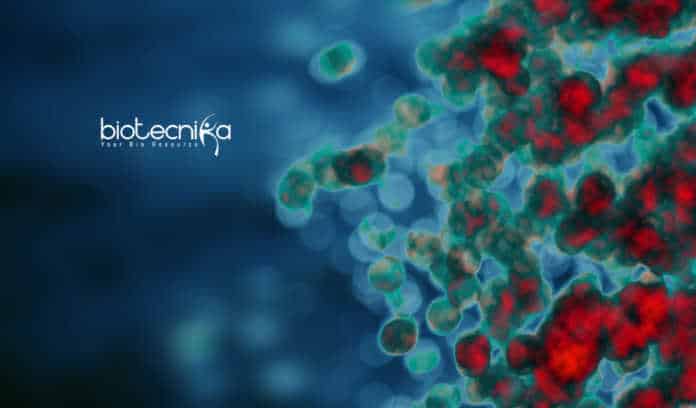University of Bristol researchers discovers the immune response pathway of the body, which can help improve tissue repair in damaged tissues. The scientists have found a method to manipulate the body’s immune response to assist in enhancing tissue repair. A new network of protective elements was exposed in this study and this network was formed to shield the cells against damage is exposed in this study. For patients who are undergoing surgical treatment, this discovery is beneficial in their treatment as it can significantly improve the recovery process and reduce any complications. Current Biology published the findings today [Monday 18 November].
In our body, when there is damage in any tissue, either by accident or through any surgery, immediately the body sends immune cells to the site where there is an injury and here the immune cells fight the infection by engulfing and killing invading pathogens. This is done through the release of toxic factors such as unstable molecules containing oxygen, which are called the reactive oxygen species, like the peroxides. However, these bactericidal products can disrupt the repair process as they are highly toxic to the host tissue. For decreasing these harmful effects, powerful protective machinery is activated by
the repairing tissues, which can shield or protect itself from any damage. Now, the exact identities of these protective pathways have been mapped by the University of Bristol researchers from Bristol’s School of Biochemistry studying tissue repair, and they have also identified how this process can be stimulated in naïve tissues.The study’s lead author, Dr. Helen Weavers, one of the researchers at the University of Bristol from the Bristol’s Faculty of Life Sciences, explains: “The injured tissues in healthy individuals, usually repair themselves immediately following any damage. A stress-response is activated within a healing skin wound. By this response, there are inflammatory cells recruited. A large number of bacteriocidal factors along with reactive oxygen species (ROS) are released by these inflammatory cells to destroy the invading pathogens.”
In this study, the University of Bristol researchers made use of translucent fruit flies to watch the wound repair live as it happens and then to observe the behavior of the immune cells. By doing this, the researchers uncovered a network of protective pathways that shield tissues from inflammatory damage and make repairing tissues more ‘resilient’ to stress. The ectopic activation of these pathways was demonstrated, and it was seen that it further enhanced tissue protection, while inhibiting them led to significant delays in wound closure.
Now the University of Bristol researchers know the pathway’s identities and how it is activated. With this discovery, they hope to develop ways to stimulate this protective machinery in patients before elective surgery.
The University of Bristol researchers said that the findings of this study show that this can be made use in the practical clinical treatments to patients because the therapeutic activation of these cytoprotective pathways in the clinic could also offer an exciting approach to ‘precondition’ patient tissues before elective surgery.
Dr. Weavers added: “We are now unraveling even more ‘resilience’ pathways, both at sites of wounding and in other vulnerable organs that are often exposed to similar stressors. These pathways help to protect our body tissues from stress, and uncovering these would help us know more about this mechanism. The protection machinery is found to be activated by the same pathways that also initiate the inflammatory response, and hence, it is possible that the resilience machinery has evolved as a fail-safe mechanism for protecting the tissue each time inflammation is triggered.”
The Medical Research Council (MRC) and Wellcome funded this study.
Author: Prathibha HC






























